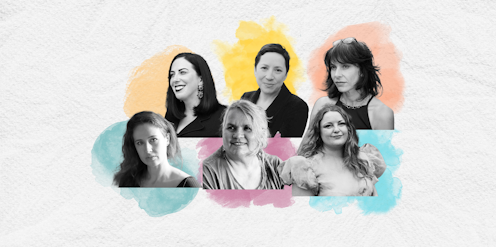your guide to 6 gripping, courageous books
- Written by Julieanne Lamond, Senior Lecturer in English, Australian National University

The Stella Prize has shown that feminist activism in the literary sector can work. At its outset, in 2013, it drew attention to the lack of women on prize shortlists.
Over time, it appears to have shifted prize culture in this county to the point that it seems unlikely that we’ll see a “sausagefest” shortlist again any time soon. And Stella’s regular count[1] of gender in Australian book reviewing has ensured editors think about the gender of the authors they review and the writers who review them.
Prizes can also be responsible for more subtle shifts in literary culture. The Stella Prize has challenged implicit, ingrained ideas about what a prize-winning book should look like. Its shortlists have foregrounded books that are idiosyncratic, activist and challenging. This year’s shortlist is no exception, for the most part steering away from established authors and major presses.
Taken together, the books on this year’s Stella shortlist suggest something about the forms of courage at work in Australian women’s writing at the moment: the courage to continue culture in the wake of colonial violence, to take political and personal risks in writing about a repressive regime, to write in the face of death and grief, stigma and taboo.
There is also courage in representing women who manifestly do not “keep it together” in their roles as mothers, partners, and friends, or who “let themselves go” in terms of not maintaining the forms of bodily or emotional control society expects of them. To read these works is to be gripped and compelled: they will stay with you.
Read more: Something remarkable has happened to Australia's book pages: gender equality has become the norm[2]

















